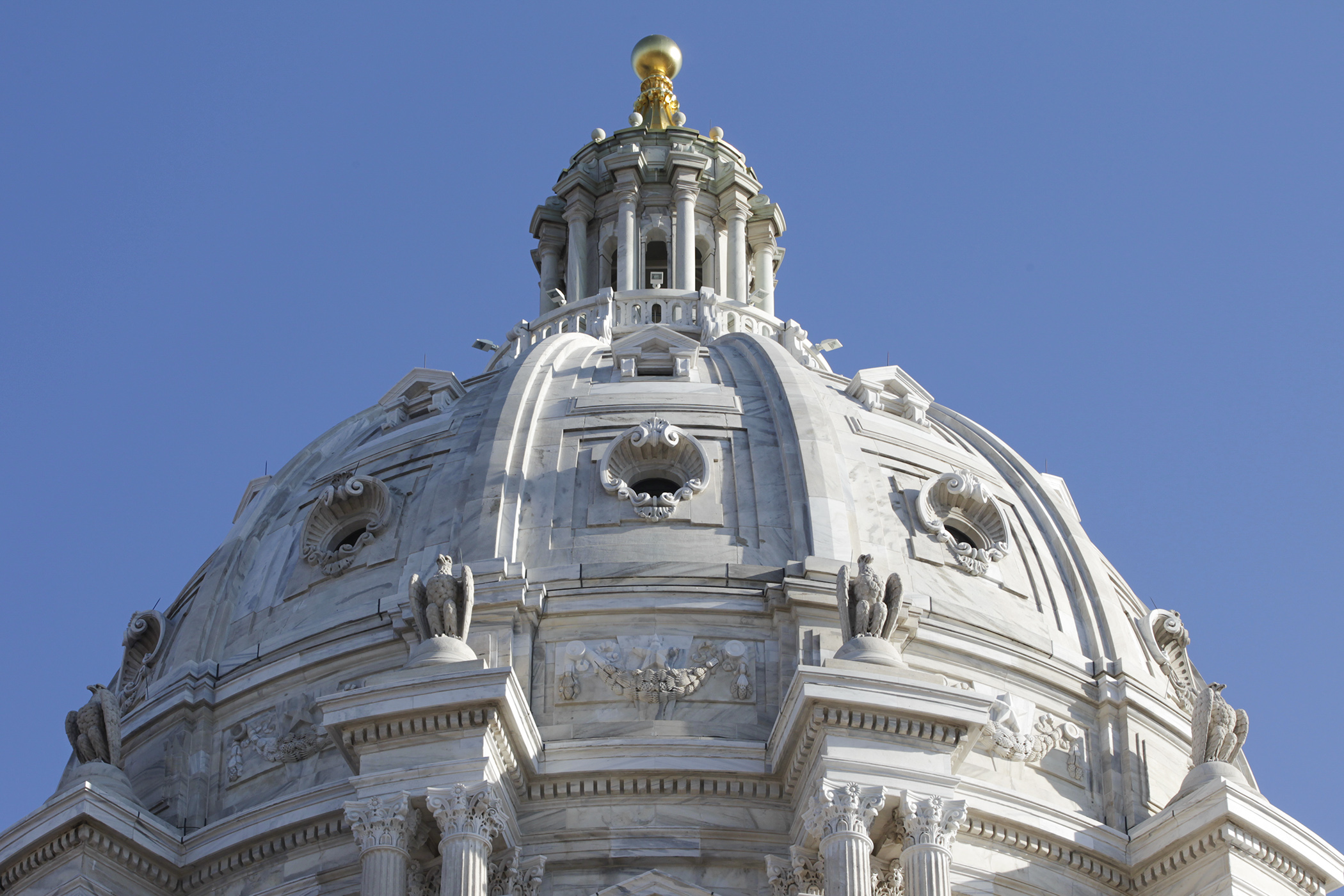MN lawmakers seek solutions to state’s mental health staff shortages

The nationwide workforce shortage affects countless professions, including mental health professionals.
To help address this in Minnesota, HF1436 would modify existing programs and establish new ones to support the education and training of providers offering mental health services or substance use disorder treatment, as well as increase and sustain mental health providers.
On Wednesday, the House Human Services Policy Committee approved the bill, as amended, with no audible dissent. It now travels to the House Human Services Finance Committee.
“Mental health providers are significantly underpaid compared to other providers with the same level of education, preparation, expertise and licensure,” said Rep. Samantha Vang (DFL-Brooklyn Center).
Vang, the bill sponsor, seeks to increase the number of mental health professionals in the workforce as well its diversity.
“Between 2007-2014 only about 49% of those completing their graduate education to become a mental health professional actually obtained their license,” she said. “We also know that 88% of our clinicians are white.”
Department of Health changes would include:
- modifying the Medical Education and Research Certificate program;
- adding an additional psychiatry slot for the Primary Care Residency Grant program for an appropriation still to be determined;
- expanding loan forgiveness for the health professional education loan forgiveness program with a onetime $2 million appropriation in fiscal year 2024;
- establishing grant programs for pediatric primary care mental health training;
- forming a mental health and substance use disorder education center; and
- creating mental health cultural community continuing education grant programs for $1 million over the 2024-25 biennium.
Department of Human Services changes could include:
- expanding eligible activities under the mental health provider supervision grant program with a $3 million appropriation over the 2024-25 biennium;
- establishing the Mental Health Professional Scholarship Grant program for a yet-to-be-determined appropriation; and
- creating the Youth Care Professional Training program for an appropriation to be determined.
One proposal received significant support.
Currently, the Medical Education and Research Certificate program only allows training hours if they occur in an inpatient or ambulatory health care setting. The bill would allow out-of-clinic training hours.
“We also need to be able to expand our MERC dollars to include training providers outside the physical clinic facilities,” said Pahoua Yang, vice president of Community Mental Health and Wellness at the Wilder Foundation.
The mental health training programs for pediatric primary care providers also received support.
“Faculty like me trained in psychiatry and psychology want to join more in training our primary care clinicians to handle their patients’ mental health needs,” said Dr. Amanda Schlesinger, assistant professor at the University of Minnesota Medical School. “We want to share our knowledge base more effectively with frontline providers to get care to kids faster and train a more confident pediatrics workforce.”
Related Articles
Search Session Daily
Advanced Search OptionsPriority Dailies
Speaker Emerita Melissa Hortman, husband killed in attack
By HPIS Staff House Speaker Emerita Melissa Hortman (DFL-Brooklyn Park) and her husband, Mark, were fatally shot in their home early Saturday morning.
Gov. Tim Walz announced the news dur...
House Speaker Emerita Melissa Hortman (DFL-Brooklyn Park) and her husband, Mark, were fatally shot in their home early Saturday morning.
Gov. Tim Walz announced the news dur...
Lawmakers deliver budget bills to governor's desk in one-day special session
By Mike Cook About that talk of needing all 21 hours left in a legislative day to complete a special session?
House members were more than up to the challenge Monday. Beginning at 10 a.m...
About that talk of needing all 21 hours left in a legislative day to complete a special session?
House members were more than up to the challenge Monday. Beginning at 10 a.m...